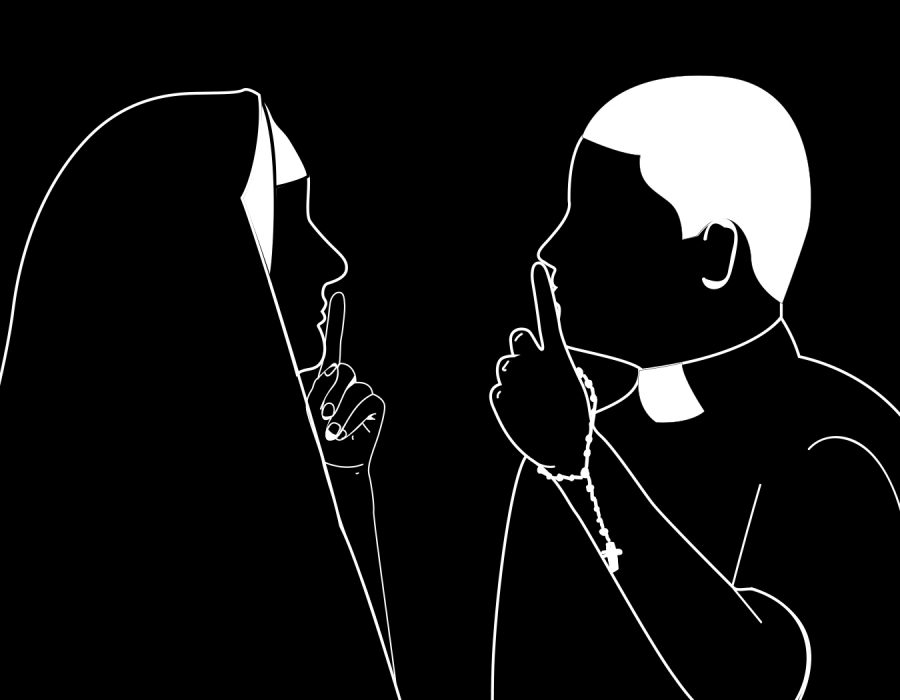EDITORIAL: Education can help end silence of systemic abuse
Education can help end silence of systemic abuse
September 17, 2018
Attorneys general nationwide are investigating sexual abuse within the Roman Catholic Church to determine if allegations of abuse against children have been covered up, as reported Sept. 6 by The New York Times.
The investigations come shortly after a Pennsylvania grand jury report which revealed the cover-up of sexual abuse of over 1,000 children, according to an Aug. 14 Times article. In the weeks following the shocking revelation, attorneys general of Illinois, Missouri, Nebraska and New Mexico are pursuing their own investigations.
In New York alone, Attorney General Barbara Underwood issued subpoenas to all eight Catholic dioceses in the state.
What happened in the Catholic Church is an example of systemic abuse that can, and does, happen in institutions nationwide, including elementary schools and colleges.
As reported July 27 by the Chicago Tribune, Chicago Public School teachers and principals failed to alert child welfare investigators or police in various cases of sexual abuse against students, despite the state’s mandated reporting law.
According to the Tribune, the district acknowledged that its law department investigated 430 reports that school employees had sexually abused, assaulted or harassed students since 2011. In 230 of these cases, investigators found credible evidence of misconduct.
Investigations are a positive first step in uncovering victims who have been silenced and experiences that have gone unreported. As a society, we must give these victims a chance to speak before they are again hushed by the hierarchy of power.
For victims to take back power, society must create mandatory education at all levels to provide individuals with the resources and information necessary for them to report their experiences and receive help.
There must be mandatory classes starting as early as elementary school to teach children how to recognize abuse and provide solutions if this should happen to them.
Although colleges and universities have Title IX offices to aid students in cases of sexual abuse or assault, most students are unaware of Title IX policies and procedures. While Columbia does have a mandatory online Awareness Training for faculty and students, a more extensive alternative is needed to give students an understanding of resources available to them.
New students at Columbia are required to take “First-Semester Experience” courses that are designed to connect students with Chicago. Instead, Columbia could offer courses teaching students and faculty the signs of sexual abuse and Title IX policies and procedures.
We can no longer accept years of systematic abuse within any institution. We must protect ourselves with education, legal solutions and eliminate the power dynamics that sustained this type of abuse. We need to to take the power away from abusers and give it to survivors.








